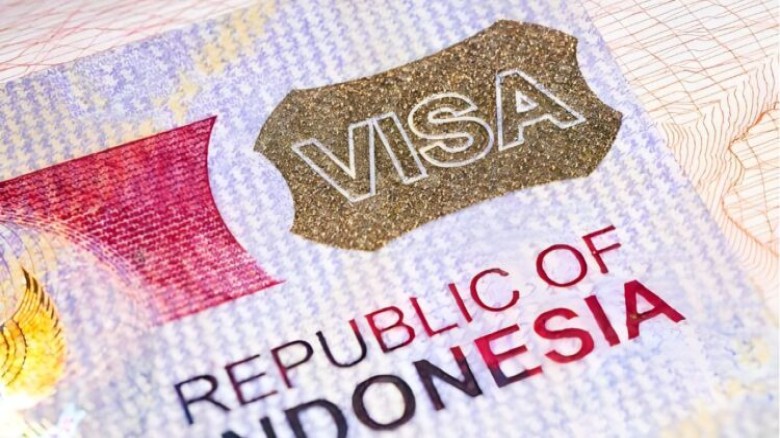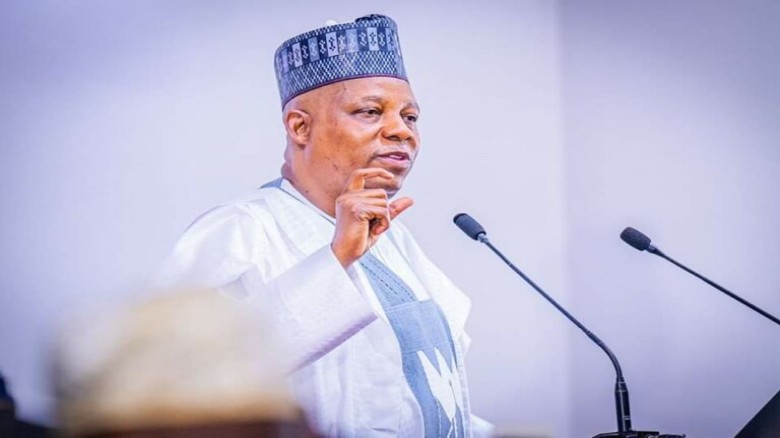Tinubu’s economic reforms among Nigeria’s boldest – Shettima
Vice President Kashim Shettima has praised the economic reforms under President Bola Tinubu as among the most daring in Nigeria’s history, asserting that they are already producing significant advancements.During the opening of the 32nd Annual Meetings of the African Export-Import Bank in Abuja, Shettima conveyed these sentiments through his Special Adviser on Economic Matters, Dr. Tope Fasua, on Tuesday.
Addressing an audience of African leaders, policymakers, and business executives, the Vice President stated that Nigeria is implementing deliberate reforms aimed at bolstering the economy by increasing transparency, fostering resilience, and promoting sustainable long-term growth.
“Our administration is championing one of the most ambitious economic reform agendas in the history of Nigeria,” he remarked. “Because resilience is not something that happens spontaneously—it needs to be intentionally planned, constructed, and safeguarded.”
Shettima pointed out that the Federal Government has unified the foreign exchange market, abolished fuel subsidies, launched a national compressed natural gas transition strategy, and initiated significant infrastructure projects such as the Lagos-Calabar Coastal Highway and the Eastern rail corridor.
“We have streamlined the exchange rate, removing multiple foreign exchange windows to restore transparency and boost investor confidence. We have eliminated fuel subsidies, saving billions from leakages and reinvesting into social protection and infrastructure,” he noted.
He added that the oil sector has undergone reforms with the introduction of real-time export tracking and enhanced revenue assurance through the Petroleum Cargo Declaration Scheme.
Support for small and medium enterprises has been improved through digital platforms that align with the goals of the African Continental Free Trade Area, he said.
“While these measures are challenging, they are already producing effects. GDP is expected to grow between 4 and 4.5 percent in 2025. Inflation is stabilizing. Reserves are improving. Our economy is becoming more stable and diversified,” said Shettima.
The Vice President also commended Afreximbank for its crucial contribution to Nigeria's development, emphasizing that the country continues to be the bank’s largest recipient. He mentioned that while the bank has distributed over $100 billion across Africa, Nigeria alone has benefited from more than $52 billion.
He highlighted important projects supported by Afreximbank in Nigeria, including the African Trade Centre in Abuja, the newly opened African Medical Centre of Excellence, Quality Assurance Centres in Kaduna and Ogun States, a $300 million export-manufacturing initiative spanning four states, and a $3 billion facility for intra-African petroleum trade.
“These initiatives are not just projects—they represent strategic investments in resilience, sovereignty, and collective growth,” he explained.
Shettima called on African nations to transition their focus from mere resilience to economic revitalization.
He emphasized the importance of mobilizing blended financing, reinforcing regional value chains, establishing digital trade systems, and developing strong financial institutions across the continent.
He stated, “The past thirty years have shown us that resilience is more than just surviving—it's the ability to adapt, to lead, and to innovate… The future isn’t something we passively wait for—it’s something we need to create.”
























Leave A Comment